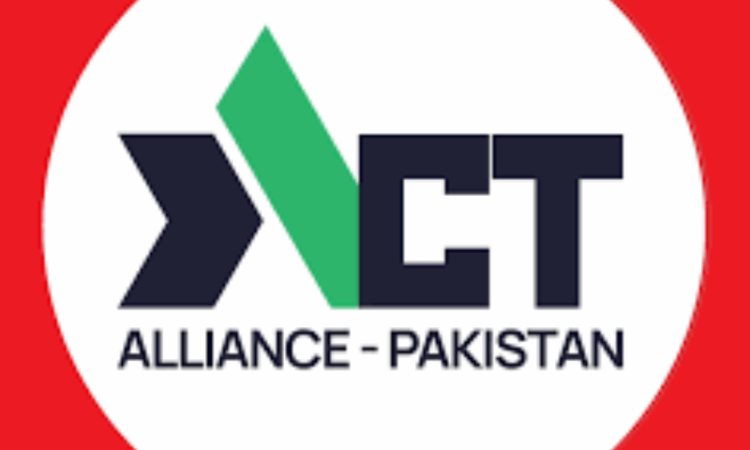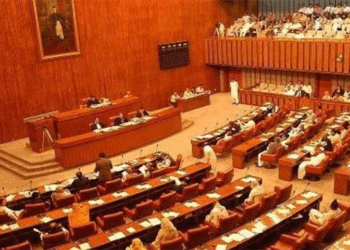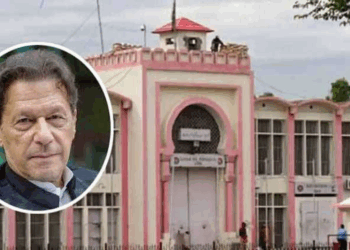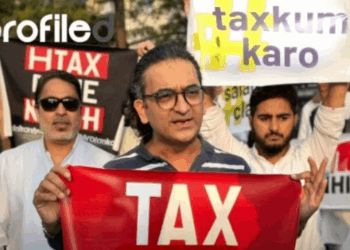Islamabad, May 29, 2025: ACT Alliance Pakistan has issued a strong call for safeguarding Pakistan’s fiscal policymaking from foreign influence, particularly in the area of tobacco taxation. Mubashir Akram, the Alliance’s National Convenor, emphasized the need to ensure that taxation policies reflect local realities, enforcement capacities, and national economic interests.
Speaking at a media briefing in Islamabad, Akram expressed concern over what he described as a recurring pattern of external intervention—often coinciding with the lead-up to Pakistan’s federal budget. He specifically pointed to the increasing role of the World Health Organization (WHO) and foreign-funded NGOs, including Campaign for Tobacco-Free Kids (CTFK) and Vital Strategies, in pushing for aggressive tax hikes on tobacco products.
“These organizations have operated in Pakistan without fulfilling essential legal requirements such as obtaining a No Objection Certificate from the Economic Affairs Division and registering with the Ministry of Interior,” Akram noted. “While public health is a vital national concern, policymaking must remain transparent, consultative, and sovereign—not dictated by donor agendas.”
He cautioned that foreign campaigns often ignore the complex regulatory and enforcement landscape in Pakistan, failing to distinguish between legally compliant manufacturers and illicit actors. “Blanket tax recommendations that do not account for enforcement limitations can backfire,” Akram warned.
Highlighting the inconsistency in WHO’s global advocacy, Akram questioned the organization’s credibility in prescribing stringent regulations for Pakistan while its host country, Switzerland, has yet to ratify the Framework Convention on Tobacco Control (FCTC). “Switzerland only began implementing basic tobacco control restrictions in late 2024, while continuing to allow advertising, sponsorships, and retail promotions that directly contradict FCTC principles,” he pointed out.
Akram also cited the economic fallout from recent tax hikes, warning that Pakistan’s legal tobacco sector is under growing strain, already bearing the brunt of steep increases imposed in 2023. He noted that the annual tax revenue loss from illicit trade exceeds Rs. 30 billion, and further pressure on legal manufacturers could jeopardize nearly Rs. 300 billion in legitimate tax contributions.
“The market share of tax-compliant businesses is rapidly shrinking, giving way to an emboldened illicit sector,” he stated. “This not only threatens public health objectives but also undermines fiscal stability.”
Calling for a balanced, evidence-based approach, Akram urged the government to strengthen enforcement, combat tax evasion, and ensure that future tax decisions are guided by domestic data and inclusive stakeholder engagement, not externally shaped narratives.
“ACT Alliance Pakistan remains committed to constructive dialogue and institutional strengthening,” he concluded. “Preserving Pakistan’s economic policy autonomy is not just a matter of sovereignty—it’s essential for sustainable development and regulatory integrity.”








